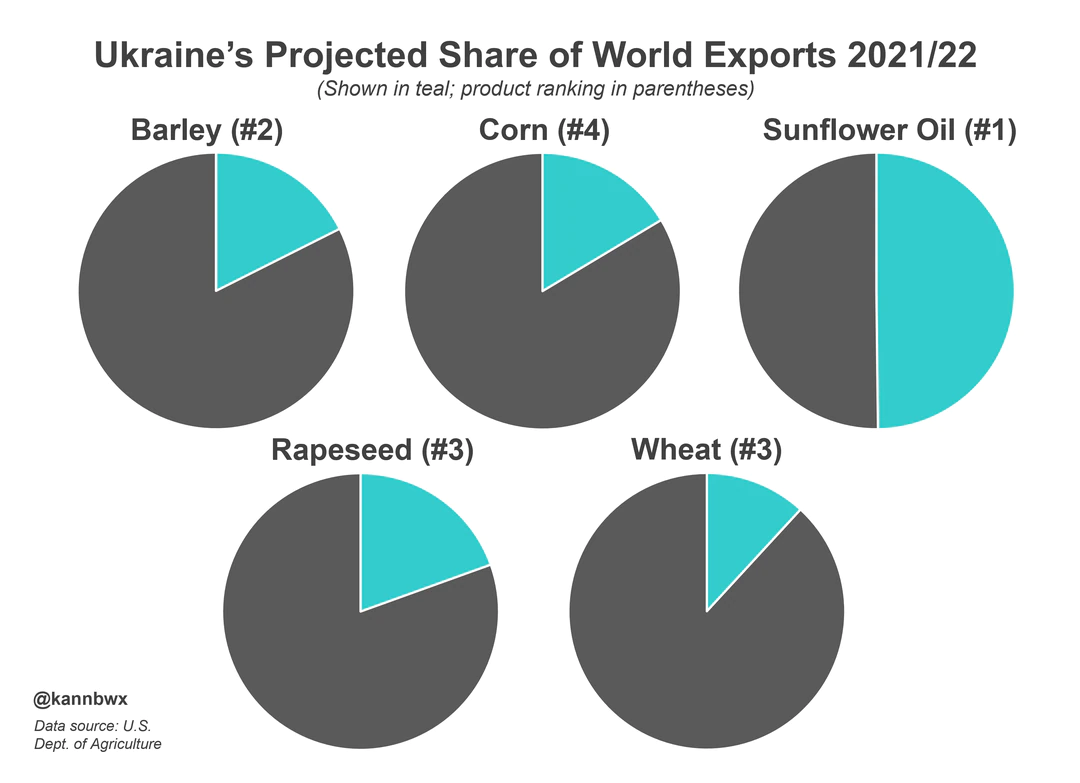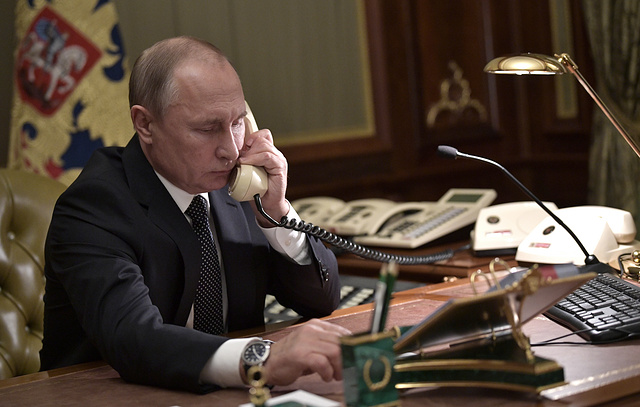After the fall of Mariupol and the surrender of the Azovstal Steel Plant on May 21st, the Russian Federation announced the de-mining of the port city and the evacuation of foreign owned vessels would commence from the blockaded port. On May 24th, Chechen Leader Kadyrov announced that all foreign flagged vessels were released from the port with their contents inspected.
Since then, Russian negotiators have been in contact with U.K. and Turkish officials to facilitate the free flow of grain out of Mariupol, Odessa, and several other major Ukrainian port cities, now blockaded by the Russian Black Sea Fleet. In fact, in the first week of the invasion, several foreign flagged merchant vessels were targeted by Russian naval forces.
Russian Deputy Foreign Minister Andrei Rudenko said Moscow is willing to open a humanitarian corridor in the Black Sea to ships carrying food to leave Ukraine, in return for the lifting of sanctions.
“We have repeatedly stated on this point that a solution to the food problem requires a comprehensive approach, including the lifting of sanctions that have been imposed on Russian exports and financial transactions,” Russian state news agency Interfax quoted Rudenko as saying on Wednesday.
In a phone call today between Turkish President Erdogan and Russian Federation President Putin, the two further discussed the food corridor, to possibly be monitored by both Russian and Turkish surface vessels. The two also discussed the de-escalation of tensions in Syria, as recent Turkish operations forced the withdrawal of Russian troops from a Syrian air base. President Erdogan told the Russian President that Istanbul is ready to host negotiations between Russia, Ukraine, and the U.N.
From the Russian Foreign Ministry press release about the call:
“In light of the problems in the global food market that have arisen as a result of the short-sighted financial and economic policies of Western states, it has been confirmed that Russia can export significant volumes of fertilizers and agricultural products if the relevant anti-Russian sanctions restrictions are lifted,”
Prior to the February 24th invasion Ukraine exported 4-5 million tons of grain a month, now it exports a few hundred thousand tons, impacting approximately 17.5% of the total global calorie trade a month, up from the 5% impact the Donbass war had from 2014-2022.
Ukraine was the world’s sixth-largest exporter of wheat in 2021 with a 10% share of the market, shipping 20 million tons of wheat and meslin (a mixture of wheat and rye), according to the United Nations, and the country is also one of the world’s top exporters of barley and sunflower seeds.



